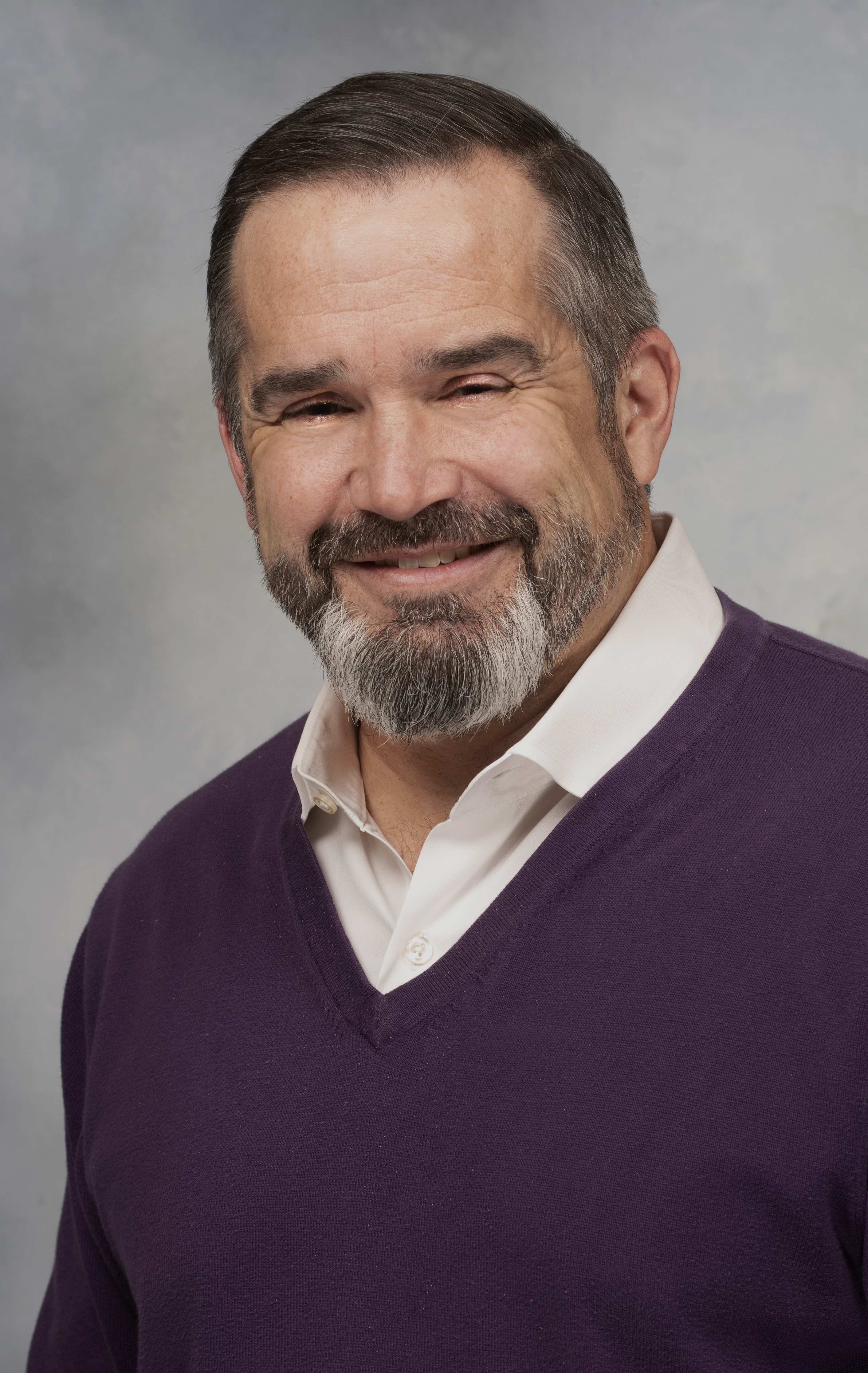June 28, 2022
It’s Not Trivial Pursuit

I know I am probably dating myself with this, but I was really good at the game Trivial Pursuit when I was younger. I had a good memory for the recall of information, facts and figures in a lot of different topic areas. Now, I sometimes forget why I left one room to go to another.
Being able to learn and retain information is important, but if the information isn’t put to good use, it winds up being trivia and our effort becomes trivial. Cooperative Extension was not started to provide education for education’s sake. It was started to help people learn research-backed information that would help them make decisions to better their lives, livelihoods and communities.
As extension professionals, we take pride when we hear a workshop participant say, “Thanks. I learned a lot.” Nevertheless, that type of response only indicates the prerequisite short outcome achievement in our logic model parlance.
What is more important is whether the workshop participant uses that knowledge to make an informed decision about their life, livelihood or community – a medium learning outcome. This is how basic knowledge gain evolves into impact.
I think we often like to assume that if someone learns information that they will put it into action, and a majority of our program evaluation metrics revolve around achieving of short outcome objectives. Unfortunately, it isn’t necessarily true that knowing the information will lead to using the information. When I think back to my farm succession planning programming days, it was very common to have repeat participants in my workshops, yet many never actually took the plunge to engage in succession planning.
How do we determine whether they are putting our great education programs to use in their life? We need to ask them through our program evaluation process. We need to ask if our education encouraged them to make a change. We also need to ask if our education encouraged them to not make a change. Either way, these questions prove that our participants are using the education we empowered them with.
Our mission is not a trivial pursuit. The next time one of our participants compliments you by saying they learned a lot, follow up both informally and formally with, “How will you use it?”